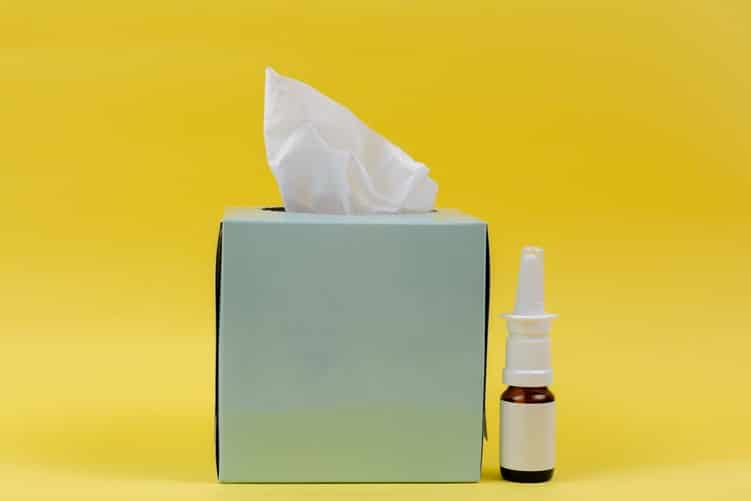For many people, the sight of flowers blooming on trees along Highway 17 and in neighbors’ gardens signals the start of allergy season. But allergy season isn’t the same for everybody; in fact, it depends on what exactly you’re allergic to.
What Causes Allergies?

The immune system’s job is to protect your body from diseases, viruses and infections. But for people with allergies, the immune system mistakes a harmless substance, like pollen, pet dander, dust mites, mold and certain foods, as a dangerous intruder and overreacts.
During this reaction, the immune system releases Immunoglobulin E (IgE) antibodies, signaling for the cells to release histamine. Histamine is the chemical that increases mucus production and triggers swelling and itching, causing your allergy symptoms.
Pollen Allergies
When it comes to pollen, you can experience a reaction to just one type or to many types. The onset and duration of allergy symptoms also depends on what region you’re in.
Tree Pollen
In the Carolinas, tree pollen season typically goes from March to June, peaking in April.
Trees produce pollen that is quite fine, meaning it can float on the wind for long distances. The main culprits behind your tree pollen allergy symptoms in this region include:
- Mulberry.
- Alder.
- Ash.
- River birch.
- American beech.
- Hickory.
- Oak.
- Yellow poplar.
Grass Pollen
Grass pollen season in South Carolina typically goes from April to September, with the most intense symptoms occurring between May and August.
Common grasses that cause allergy symptoms in the Carolinas include:
- Rye.
- Johnson.
- Bahia.
- Bermuda.
- Fescue.
- Centipede.
- Ryegrass.
- Kentucky bluegrass.
- Zoysia grasses.
Weed Pollen
Weed pollen starts around August and goes until the first frost, usually November or December. The most intense part of the season is September, which can be a rough month for people with both grass and weed pollen allergies.
The most common weed pollen allergen is ragweed, but others include:
- Clover white.
- Cocklebur.
- Dock.
Year-Round Allergies
For some, allergy season is year-round. Common year-round allergens include:
- Dust mites.
- Mold.
- Cockroaches.
- Pet dander.
- Insect stings.
For more information about allergy season or to schedule an appointment with allergy experts, call Charleston ENT & Allergy today.
